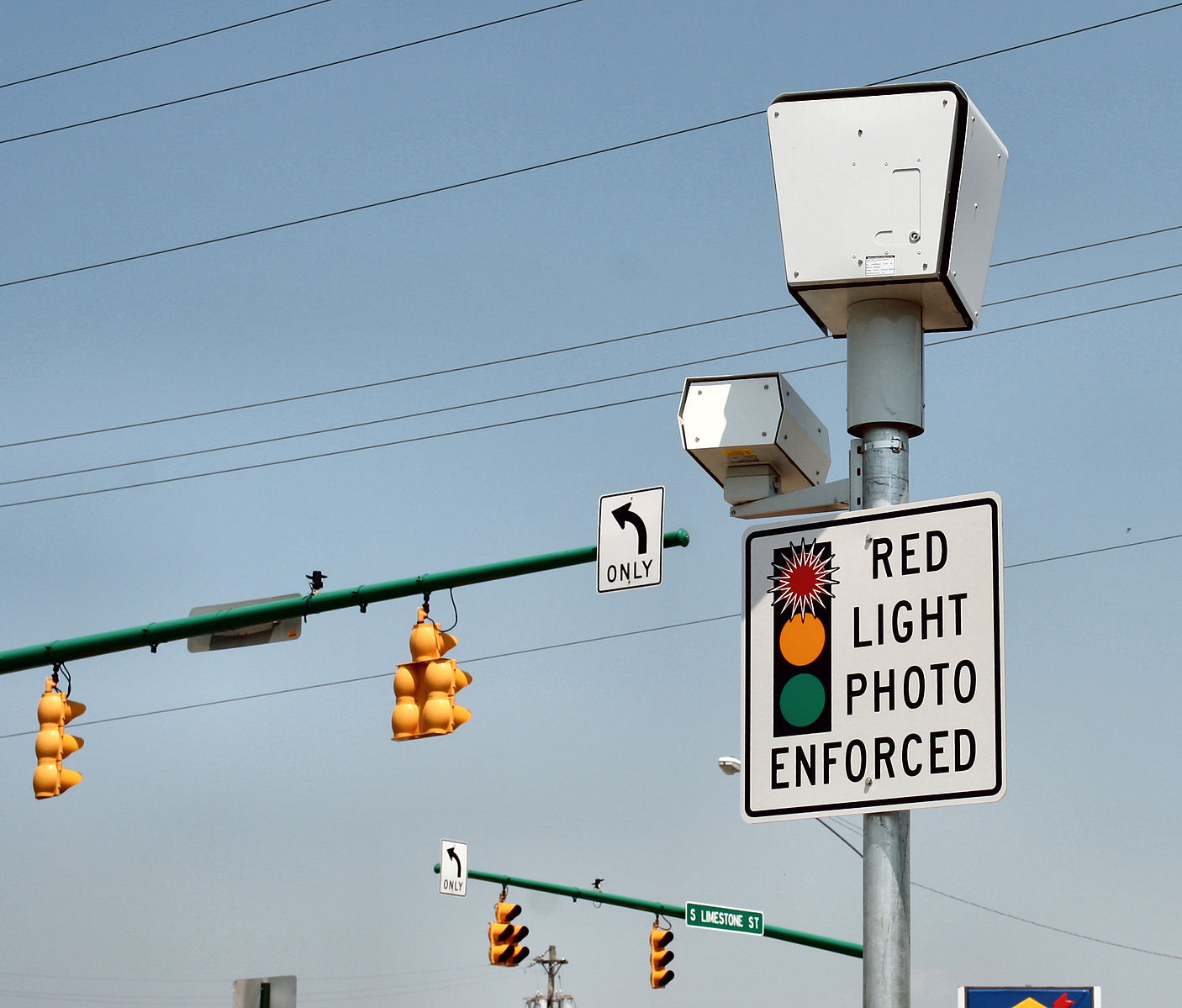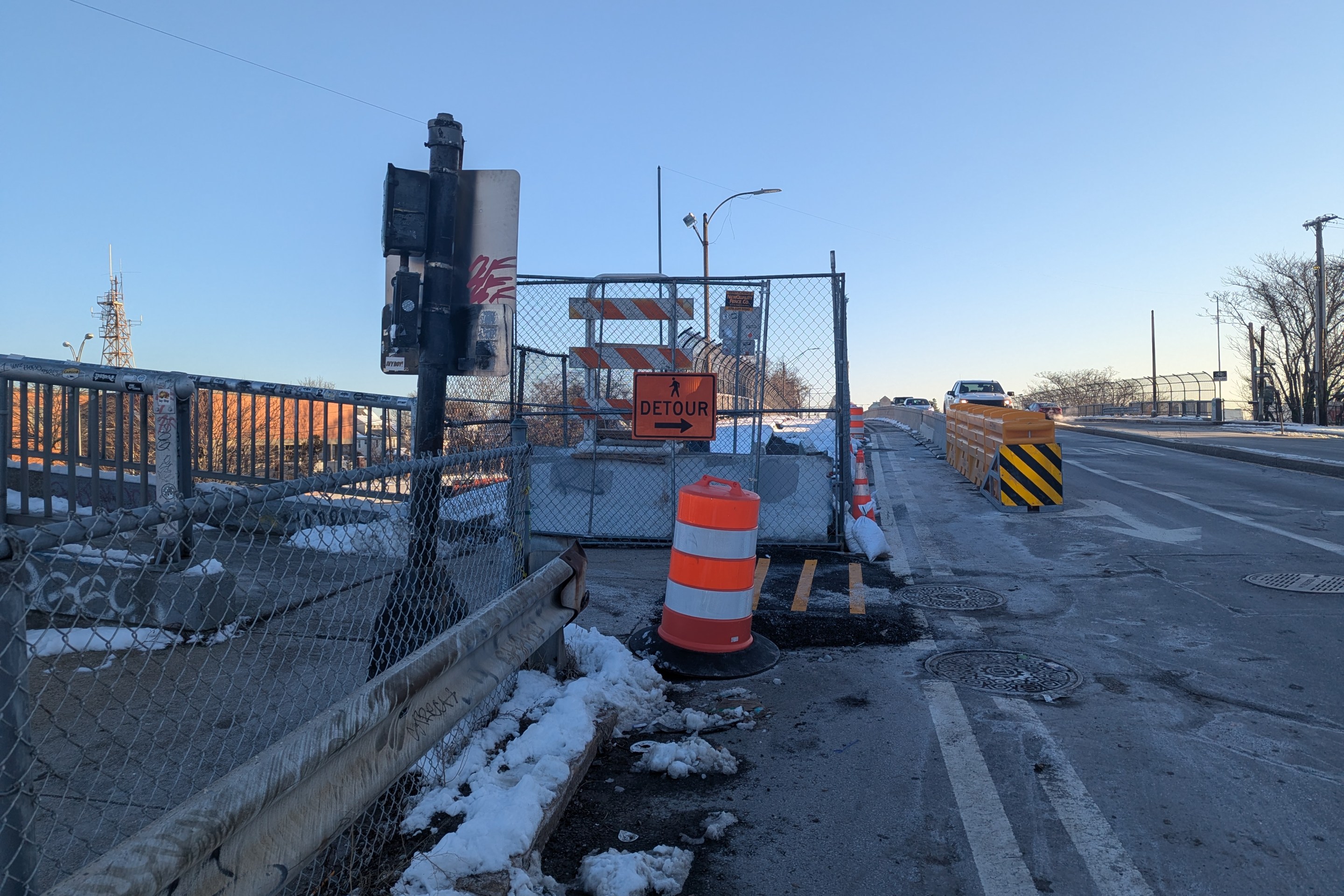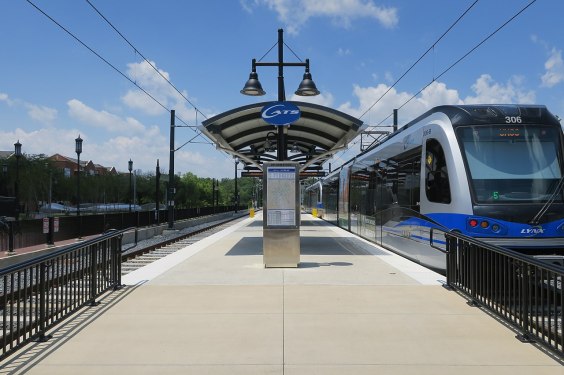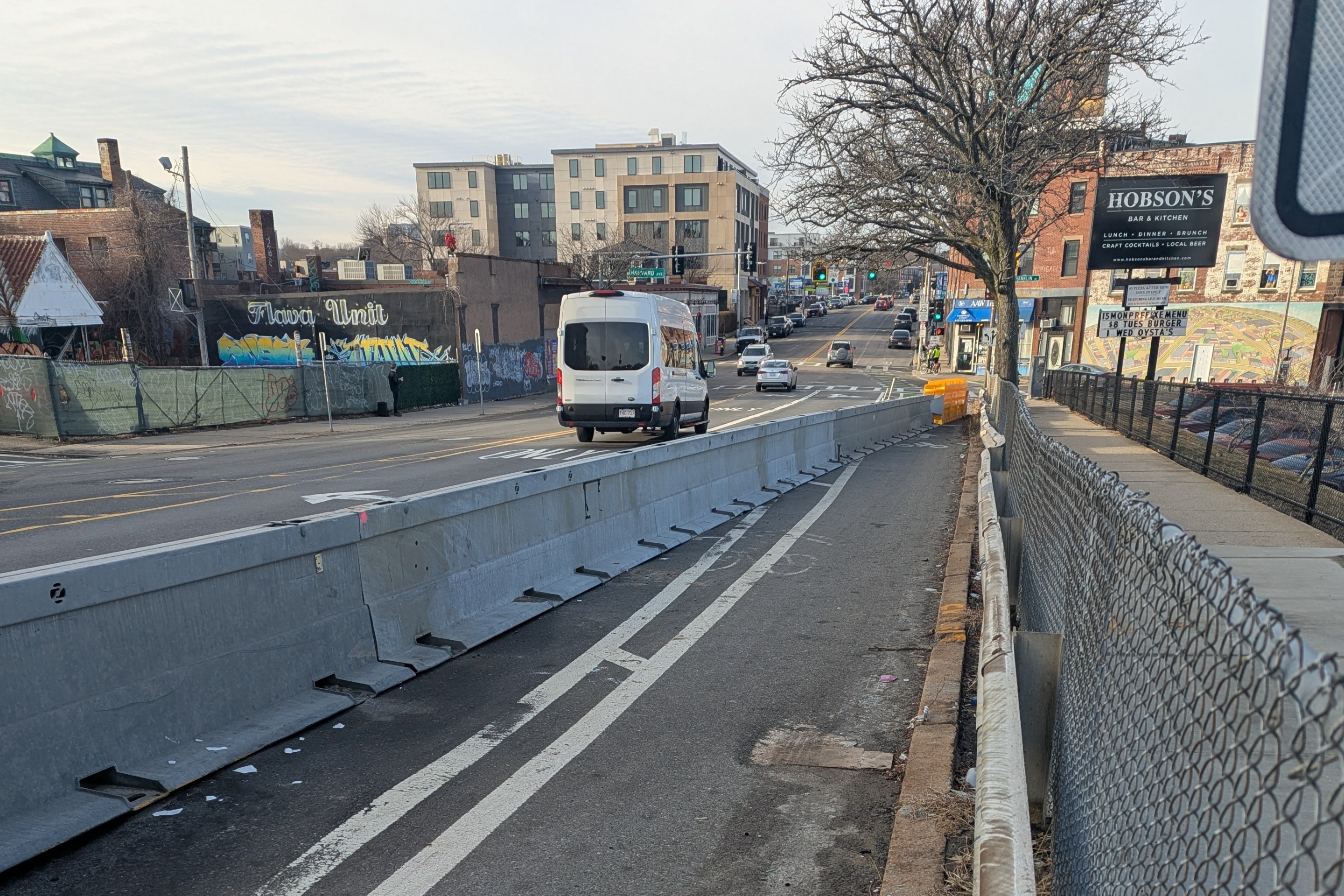As Massachusetts lawmakers continue to debate a legal framework for camera-based traffic law enforcement, a former Boston transit planner has compiled some useful advice from neighborhood leaders in Boston's Black communities.
Earlier this year, the journal Cities published "Perceptions of surveillance: Exploring feelings held by Black community leaders in Boston toward camera enforcement of roadway infractions" by Lindiwe Rennert, a Senior Research Associate at the Urban Institute and former City of Boston transportation planner.
The paper summarizes conversations about traffic safety and law enforcement from over two dozen focus group participants who both identify as Black and are involved in neighborhood associations in communities like Roxbury, Mattapan, Dorchester, and Hyde Park.
"The inhibitor to camera enforcement currently – not just in Boston, but all over the nation – really is a matter of public opinion," Rennert told StreetsblogMASS in a recent phone conversation about her research. "The other piece is, in the current enforcement climate, there are disproportionately marginalized communities in this equation. So any changes need to consult the Black community."
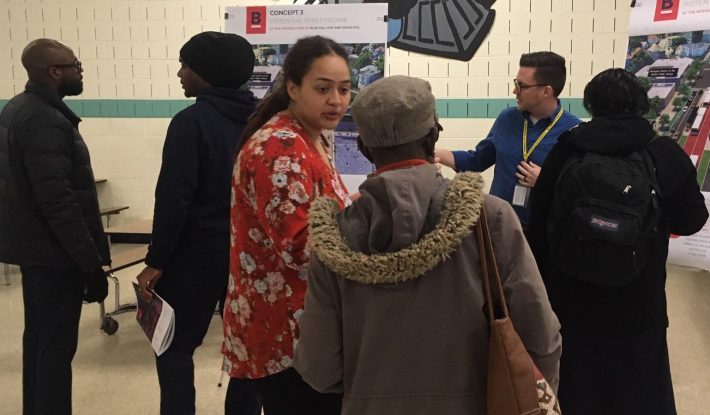
Rennert also sought out neighborhood association leaders for their ability to represent the concerns of their neighbors, in addition to their own.
“There’s a need to have people at the table who are going to be intentional about representing more than their own voice," said Rennert. "The participants were so accountable to their communities. They would say, ‘Here are my thoughts on this; however, from what I’ve heard from our young people, or from the elders in my community, they might disagree, and here's what I’ve heard from them.’ So it was really them saying, I’m here for me, but I’m here for others as well.”
Broad concern over road safety, ineffective police
Rennert found widespread agreement that the current system is not working well, particularly in Black communities, which face higher crash risks both from police violence and from dangerous roads.
"In almost every focus group, at least one person said that either they, or someone they know and love, had been in a crash or lost someone to roadway violence. So the need for change is obvious," said Rennert.
"The immediate follow-up point is that the current method of roadway enforcement, according to these participants, feels completely ineffectual," she continued.
“You can double-park right in front of a police officer, make eye contact, and not get a ticket. They really can't be bothered,” said one focus group participant.
“At this point, it's a joke. A horrific joke. People dying regularly in accidents is just something that I guess has been decided is fine in this city," said another.
"Members of the Black community do want some kind of traffic enforcement, because the worst safety conditions are in our communities," said Rennert. "We want our kids to feel like they can walk and take the bus without being worried about an accident. So don’t think that our sentiments about the police mean that we want the Wild Wild West. We do not. We want safe streets the way everyone else does."
'Cameras don't have guns'
In the second stage of the focus group conversations, Rennert steered the conversation to the possibilities and pitfalls of potential camera-based enforcement programs.
"The big takeaway was, cameras don’t have guns," said Rennert. "While there are civil liberties concerns associated with camera-based enforcement, the concern is de-escalated from loss of life, to an abuse of information. Both are important, but the scale is unquestionably different."
Still, participants had extensive concerns about camera-based enforcement programs creating new surveillance systems in their neighborhoods and perpetuating the same inequities that exist in the current system.
“As a person of color, specifically as a Black man, I can't just believe that a new, powerful surveillance tool won't be used nefariously and systematically against me,” said one participant.
Recommendations focus on trust, accountability
As lawmakers on Beacon Hill debate a new bill that would authorize new camera-based traffic enforcement technology, Rennert offers the following advice from her focus groups:
- Make sure fine revenues are used to improve street safety and transit service. "The bill should very clearly specify where any revenues from camera enforcement would go. It shouldn’t go into the general fund, at either the state or the city level," said Rennert. "Any time there’s a redirection of these funds to general government funding, there is antagonism....because it feels like it’s no longer about behavior change, it’s a way to make money."
- Provide a mechanism for external oversight. When Rennert evaluated other camera-based enforcement programs, she found that the more successful programs have been willing to receive and adapt to criticism. "No one is claiming to have gotten it exactly right, by which I mean both effective in terms of behavior change, and publicly supported," said Rennert. She says that an external oversight committee can help guard against inequitable impacts and hold camera-enforcement programs accountable to meeting public safety goals.
- Put limits on what cameras can see. "We’re trying to move away from conflating camera enforcement for roadway infractions, and civic surveillance," said Rennert. She says that cameras mounted low on city buses are preferable to cameras that film an entire intersection: "On the front of a city bus, those cameras can not capture anything above the level of license plates, a few feet off the ground. You’ll never see a driver’s face."
- Let trusted agencies administer camera programs. "In a world where civic trust is low, there would be more warmth toward camera enforcement if the program were run, operated, and monitored by the MBTA, more than by the city or the state. And that’s important – it says here’s who we trust with our information and our data. I also think that the MBTA has quite good data protection and privacy regulations," says Rennert.
- Right-size the penalty. "If you want behavior change, the penalty should be high for those who can afford it, such as those delivery vans that work the cost of parking tickets into their operating costs," says Rennert. But for ordinary people living paycheck-to-paycheck, high fines can be financially ruinous. "Either you bring the price point down, or you change it to a non-financial penalty, like community service."
